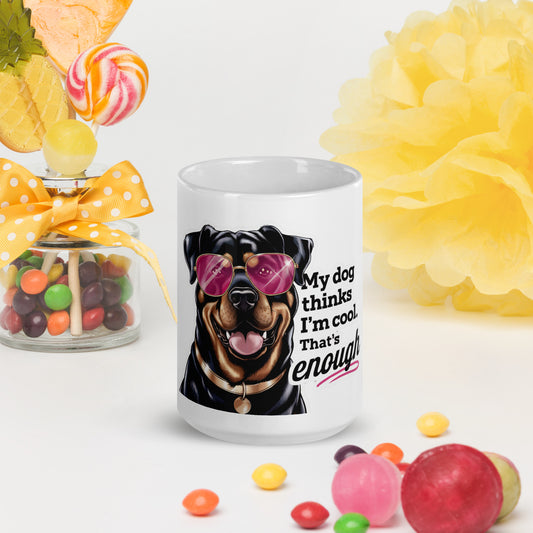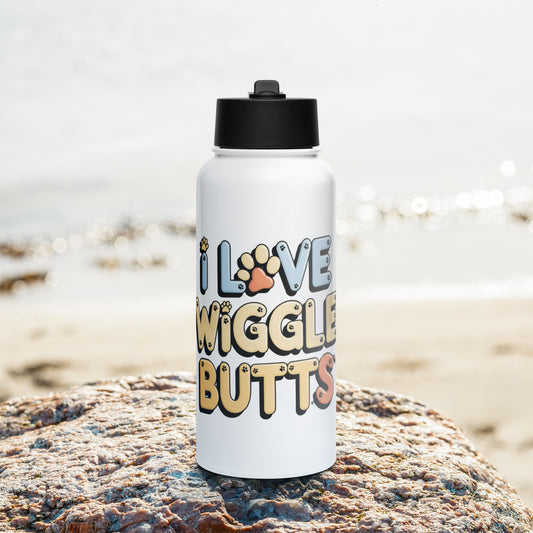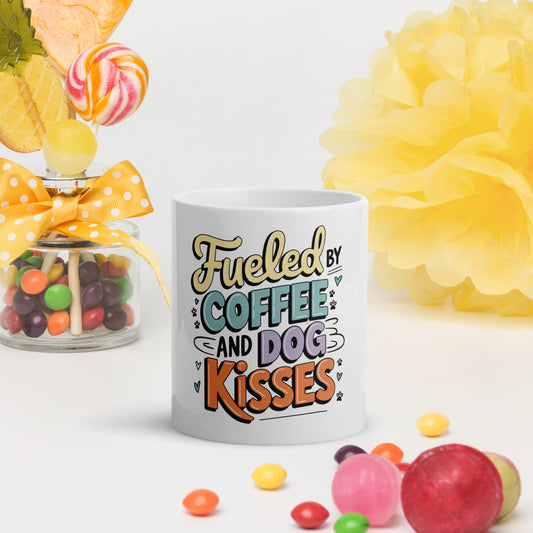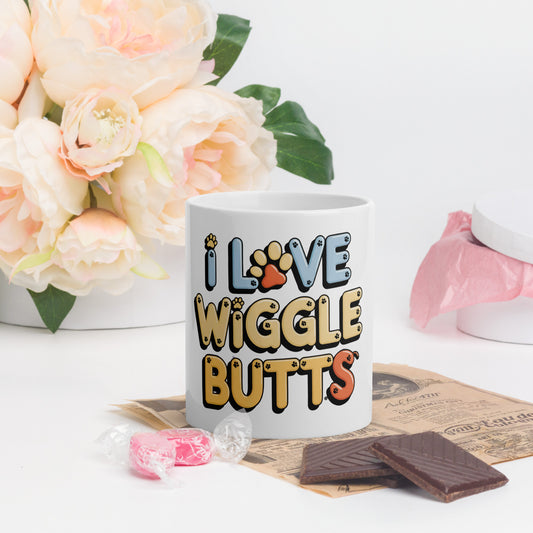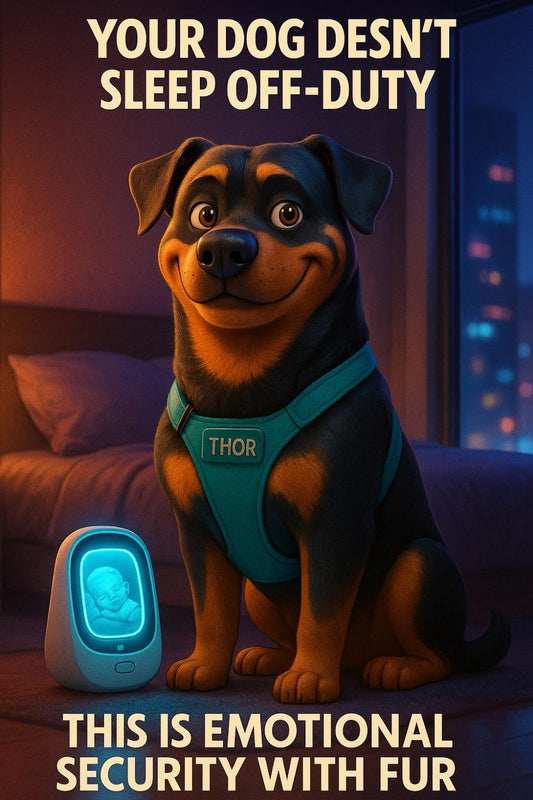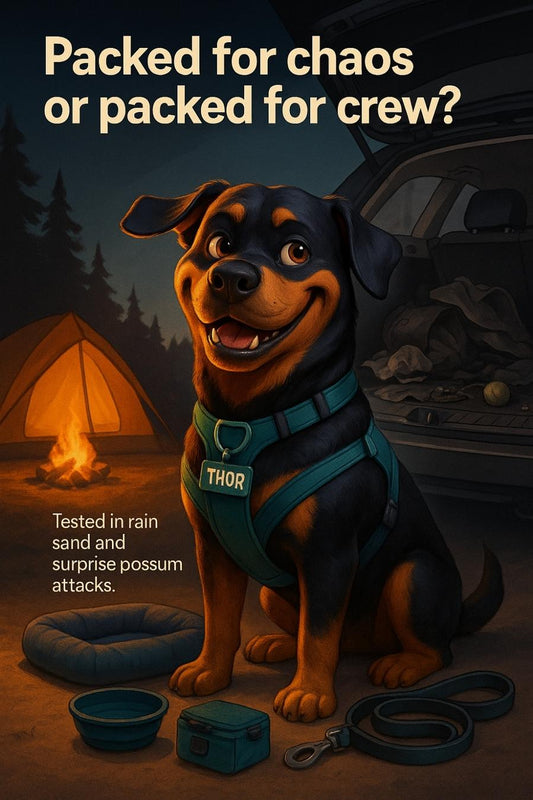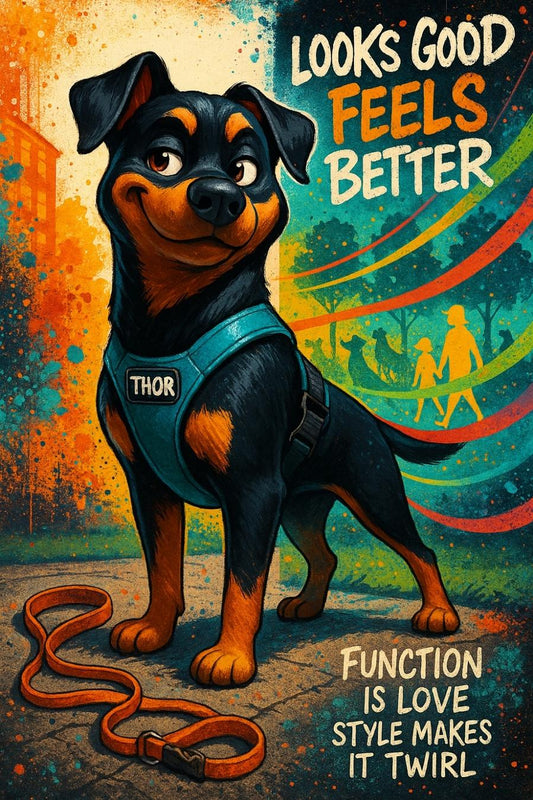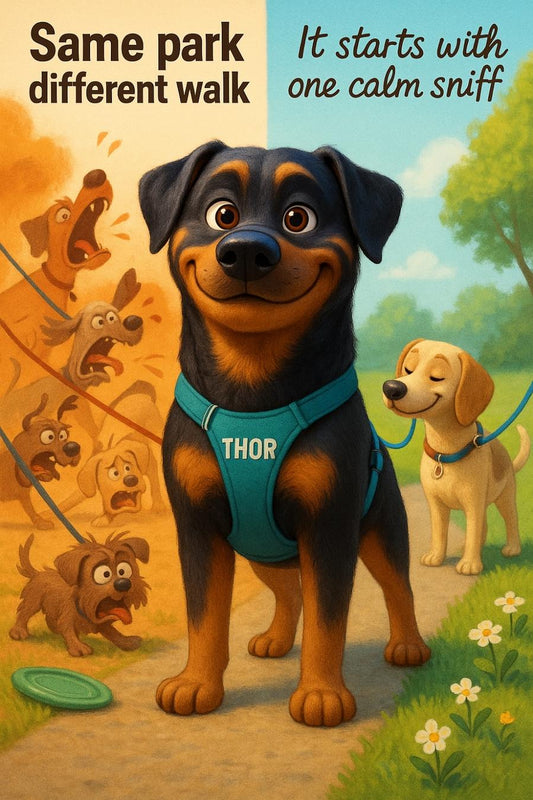
Dr Chris Brown agrees: if your dog eats grass, it might not mean what you think
Share
Why do dogs eat grass? A vet explains the bark behind the blades
It’s not just a salad craving or a sign of midlife pupper crisis—there’s more to every chew than you think.
Hoomans, let’s just say Dr. Chris Brown and I agree on this one…
If your dog’s ever stopped mid-walk to passionately munch a lawn like it’s a five-star buffet, I see you. You’ve probably asked Google, your vet, and maybe even your nan—but the answers always feel as mixed as a pup’s feelings about bath time. Time to stop waggin’ in the dark. I did some nose-work (literally) to get to the bottom of this, and trust me—it’s not just a snack, it’s a signal.
Before: “Why is Biscuit eating grass—does she hate her kibble?”
After: “Ohhh. She’s tuning her gut or chasing fibres like a wellness influencer.”
So… is grass eating bad?
Short answer? Most of the time: no, not at all. Wild doggos (like my wolfy ancestors) were known to eat plant matter. And today, many of us chew on the green stuff without any sign of upset. Some pups will even eat it and then not vomit. Mind blown, right? That myth about dogs only eating grass to puke? Buckle up—we’re debunking.
The 4 likely reasons dogs gobble green (and yeah, none of them are “going vegan”)
- Tummy twinges: Some pups think grass helps them feel better when they have gurgly guts. The scratchy bits can stimulate vomiting if they're trying to eject something weird they sniffed and snacked earlier.
- Fiber fix: Feeling a tad blocked up? Grass has roughage. It may help keep the internal plumbing flowing like a backyard hose on blast.
- Boredom bites: Yes, your dog might be snacking on turf because they’re under-stimulated. Think of it as the equivalent of twirling your hair or chewing your pen.
- It just tastes nice: Yep. Some of us actually LIKE the crunch. Especially young and juicy blades after the rain. Help yourself to your lettuce—this is our salad bar.
But what if my dog eats heaps, like a lawnmower with legs?
Eh, maybe check in with the vet if it becomes a daily obsession, especially if it’s followed by vomiting every time or change in poop patrol. Sometimes, that constant nibbling could hint at underlying tummy issues, nutritional gaps, or even anxiety. But occasional grass noms? Totally normal. I mean, you eat kale voluntarily. Perspective, please.
What kind of grass is safe?
Here’s the twist, hoomans. While casual front-yard grazing isn’t a drama for most of us, there are some risks to sniff out:
- Pesticides & herbicides: These can seriously upset our guts or worse. If the grass has had a chemical spa day, keep us out of it.
- Foreign objects: Twigs, plastic, or even litter hiding in long grass can cause blockages or choking.
- Sharp grasses: Some tough Aussie grasses (whoops, I didn’t say that) have pointy ends that can irritate our throats and mouths or even cause internal scratches if swallowed whole.
Can I stop my dog from doing it?
You can try, but… do you stop chewing your nails when stressed? Didn’t think so. Best approach? Keep us entertained, make sure our diet is balanced, and distract us during grassy walks with high-value snacks (you had me at peanut butter). Still worried? Just ask your vet—not the internet forum run by Brenda with four cats and an opinion.
The sniff-worthy takeaway
Here’s the real deal: grass eating isn’t a doggy cry for help most of the time—it’s normal, instinctive behaviour that dates back to our wild side. It’s not always neat or pleasant, and occasionally it leads to a surprise spew on your white rug. But in dog-speak? It’s just part of how we manage our little bodies—it’s natural munching, not a crisis.
So next time you catch us hoovering lawn clippings like gourmet noodles, maybe just let us finish our salad in peace. And remember, hoomans do odd things too—like paying money for kombucha.
Paws and polite burps,
Thor 🐾

Follow my adventures on Facebook: Thor's Pawesome Reviews
And follow check me out on Instagram : Live Thor's World

